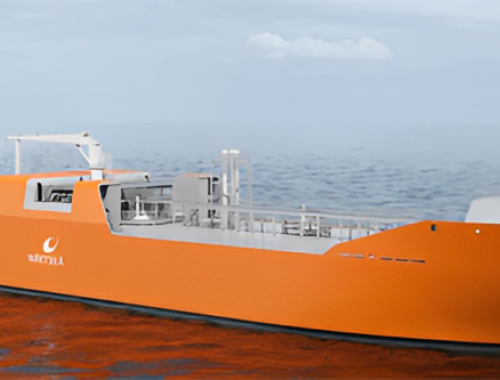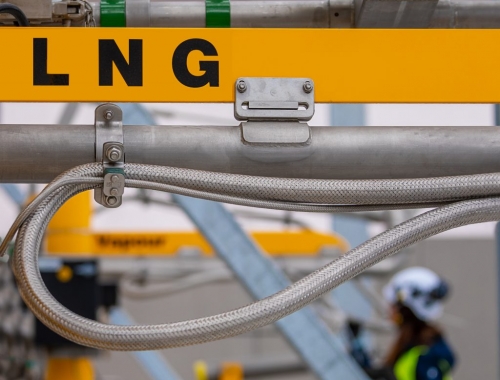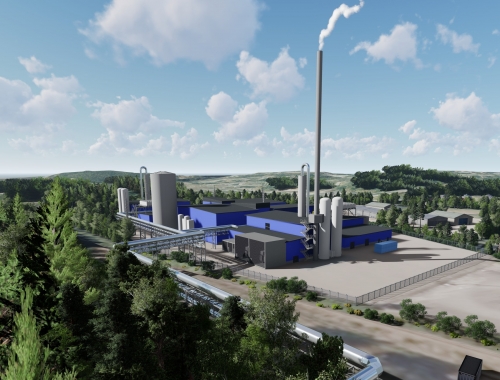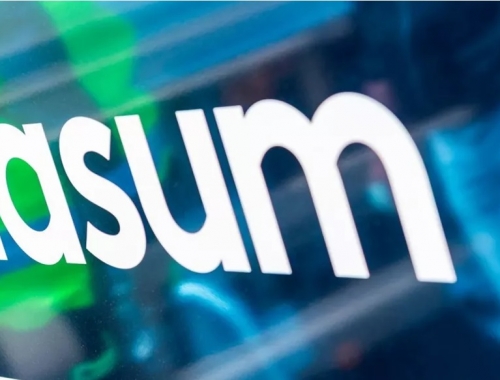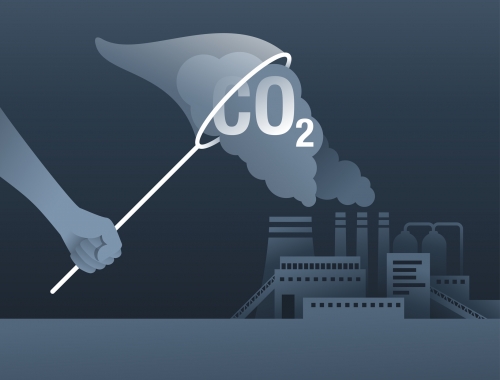Gasum, MSC Cruises team up for LNG, e-LNG
SUMMARY
The parties have signed a letter of intent to secure MSC's access to e-LNG produced using renewable energy and captured CO2. [Image: Gasum]
By Shardul SharmaGasum, a Nordic energy company, and MSC Cruises, the world's third-largest cruise operator, have signed a letter of intent (LOI) to secure MSC's access to liquefied synthetic gas (e-LNG) produced using renewable energy and captured CO2, Gasum said on June 15. The companies will develop a roadmap to cut emissions with substantial volumes of e-LNG starting in 2026.
In addition to the e-LNG agreement, Gasum will supply LNG to MSC's new flagship, MSC Euribia. The use of LNG significantly reduces sulfur oxide, nitrogen oxide, and greenhouse gas emissions, Gasum said. Furthermore, the onboard LNG technology allows MSC Cruises to transition to fully renewable liquefied biogas (bio-LNG) or e-LNG, achieving emissions reductions of up to 100%.
MSC Euribia recently completed a net-zero greenhouse gas emissions voyage using bio-LNG sourced from Gasum. MSC Cruises purchased over 400 metric tons of bio-LNG to showcase its commitment to renewable fuels and energy transition measures.
“Partnering with Gasum will enable us to access new and cleaner fuels needed to make net zero cruising a reality. We need more suppliers like Gasum to step up and support our industry with its environmental targets. We are ready and waiting to buy more of these new fuels”, Linden Coppell, vice president of sustainability and ESG for MSC Cruises, said.
e-LNG, or synthetic gas, is produced through the power-to-gas process by generating hydrogen from renewable electricity and converting it into methane by adding non-fossil carbon dioxide. This synthetic renewable methane gas is interchangeable with natural gas and biogas, and when liquefied, it can be transported through existing infrastructure. Synthetic gas can be used directly in dual fuel engines without additional investments or modifications, providing a concrete pathway to decarbonize maritime and land transportation.
Gasum aims to bring 7 TWh of renewable gas to the market annually by 2027, resulting in a yearly cumulative carbon dioxide reduction of 1.8mn mt for its customers.

